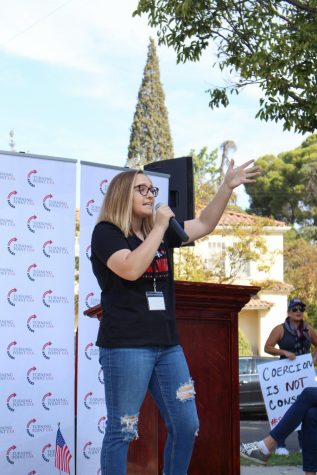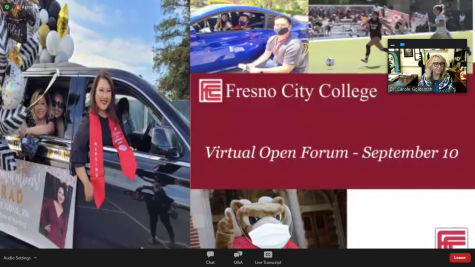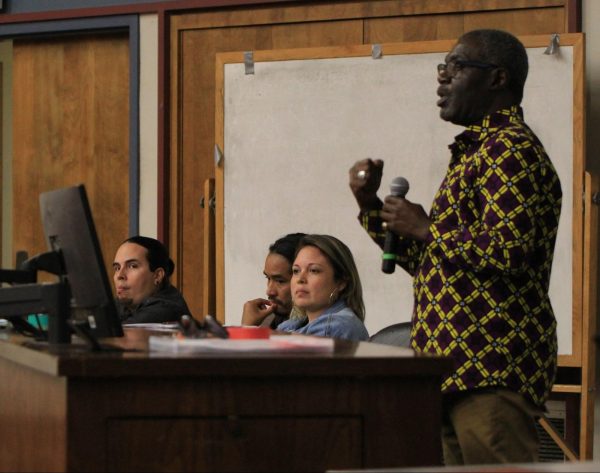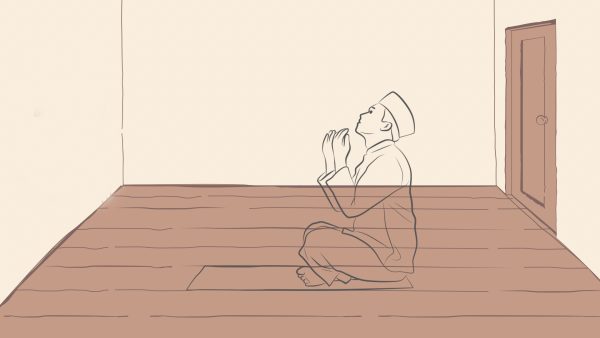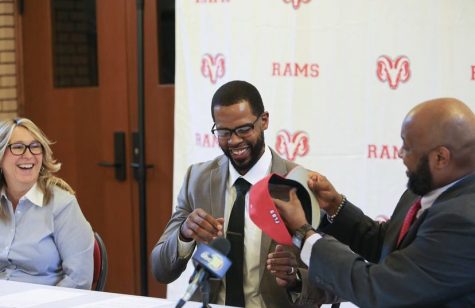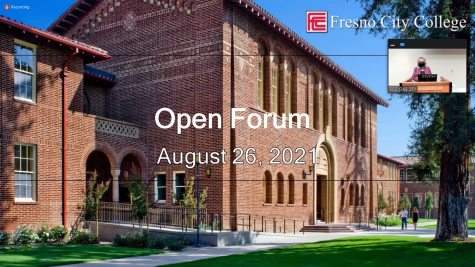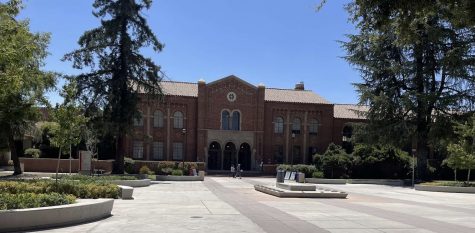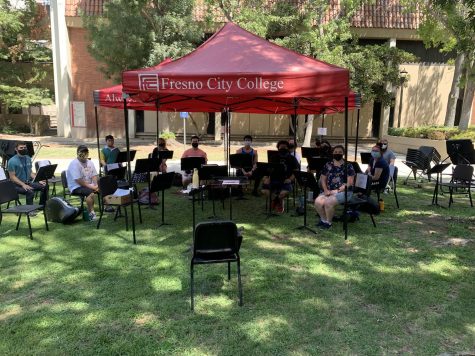Psychological Services Adjust to Serving Students Online
Fresno City College’s Psychological Services are taking steps to reach students virtually as FCC’s campus remains closed and fall classes begin instruction online.
For Dee Masci, one of four postdoctoral counselors in the department, this first involved addressing a steep learning curve for the department in their move online.
“Since we all went remote in March and we got the OK to do so, our entire department took a 12-hour continuing education class on how to properly deliver Intelehealth,” Masci said. “Because pretty much none of us had been put in that position before.”
Masci is confident in the staff’s ability to provide students with almost the same services and care virtually, that in the past had been provided in person.
This comes as experts predict an increase in demand for counseling services due to the pandemic. In the Association for University and College Counseling Center Directors Annual survey, department directors reported a nearly 90% increase in demand for counseling services in 2019 alone.
Dr. Samuel Montano, coordinator of Psychological Services at FCC, agrees “undoubtedly” with the predicted increase in demand.
“People may feel more stressed, sad, lonely and frustrated working from home or doing distant learning,” wrote Dr. Montano, in an email to the Rampage.
“However, there are things people can do to try and improve their situation such as prioritizing self-care, taking the time to reach out to friends/family over virtual forums (Skype, zoom, phone, etc) to feel connected to our loved ones, to limit the amount of time watching news or being on social media as these forums can inundate you with negative imagery and information,” said Dr. Montano.
Students interested in services offered by the department, can now visit the department website to fill out and submit an intake form. From there, students still have the option to choose from both group or individual sessions, although now all sessions will be remote.
Ariana Sanchez, a Psychology major in her third year at FCC, sees no major changes in the move to remote services. She describes the quality of care as remaining much the same. She uses the online resources available from Clovis Community College. The only challenge for her was getting used to having counseling sessions over Zoom and not in person.
“I guess it was just weird because it wasn’t one on one in person,” Sanchez said. “I wouldn’t say there’s a difference in quality or how long my sessions are or stuff like that.”
In some cases, the move online has expanded the department’s capacity to perform outreach to students, offering more group sessions than they had in the past.
Talking Circles, a program provided by the Psychological Services department, encourages students to express their thoughts and feelings regarding current political and social issues, and is one of the many ways the department is expanding their outreach.
Students from any State Center Community College campus now have the ability to participate in any of these group sessions.
Victoria Williams, a postdoctoral intern at CCC, sees this as a great way to provide students with a safe space to express emotions and continue tough dialogue.
“These Talking Circles are a safe place for them to talk about their thoughts and feelings towards those issues,” Williams said. “Like I know it’s not an easy topic to talk about, but we need to discuss it.”
A list of group sessions and Talking Circles offered will be included on the department website and should be available by September. Both will be offered over Zoom.
One service not offered through the department now is crisis care, which for many students struggling was considered a lifeline in years past. Crisis care provided immediate help to students with violent or suicidal thoughts or urges.
Masci wants to assure students that while they may not be able to provide crisis care services. They can still provide the resources and point students to clinics and therapists locally still offering in-person crisis care. Masci believes this is best administered in person, as opposed to over the phone.
“We really want to be a hub for students, because even if for whatever reason we can’t provide the therapy, we want them to do well, we want them to, you know, to access the resources that we have for them,” Masci said.
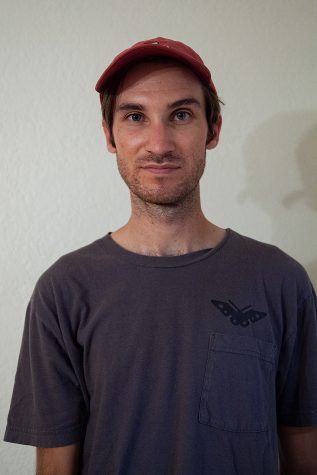
David Richards, 28 years old, is an English Major at Fresno City College. Born in Fresno, David graduated from Buchanan High School in 2010. He is a returning...


